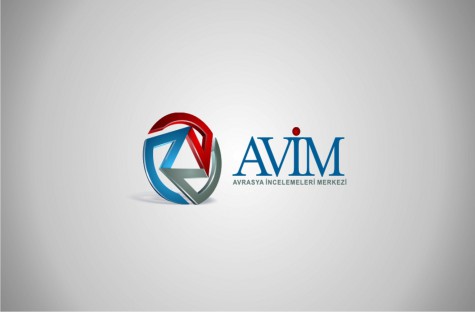
On October 21, Armenian President Serzh Sargsyan took the rostrum at a congress of the European People’s Party (EPP) in Madrid, Spain, which was presided over by EPP President Joseph Daul and also attended by presidents of the European Council and the European Commission, Donald Tusk and Jean-Claude Juncker.
In his speech, President Sargsyan, referring to the Council of the European Union’s approval to open negotiations on a new, legally binding and overarching agreement with Armenia, said that Armenia-EU relations have reached a new milestone and the negotiations will elevate Armenia-EU relations. He also spoke about the democratization process in his country.
Sargsyan also said: “Armenian nation highly values the EPP contribution to the adoption of the European Parliament resolution to condemn the Armenian Genocide, as well as the adoption of the resolution dedicated to the Armenian Genocide Centennial titled “The Armenian Genocide and European Values” by the EPP Political Assembly. They came to prove that the European People’s Party, as the largest political group represented in the European Parliament and the force that advances the European identity and idea, notwithstanding the most diverse set of political considerations, is committed to the protection of the fundamental human rights.”[1]
The next day, October 22, President Sargsyan and EPP President Joseph Daul came together in a separate meeting and discussed EU-Armenia relations and further development of cooperation with the EPP and current situation with the Nagorno-Karabakh conflict.
In the meeting, President Sargsyan noted that he recalled with warmth Joseph Daul’s visit to Armenia and participation in the events commemorating the ‘Armenian Genocide’ by which according to Serzh Sargsyan, EPP President reaffirmed his and his party’s commitment to universal human values on which European integration is based. President Serzh Sargsyan also thanked the EPP President and EPP representatives for the resolution “The Armenian Genocide and European Values”.[2]
The European People’s Party
The EPP is a center-right and conservative European political party founded in 1976 by Christian democtratic parties. The EPP is the largest political organisation in Europe with 75 member-parties from 40 countries, the most heads of state and government (both, EU and non-EU), 14 European Commissioners (including the President Jean-Claude Juncker), and the largest Group in the European Parliament.[3] President of the European Council Donald Tusk is also a member of the EPP.
According to EPP statute, there are three kinds of membership: full members, associate members and observers. Full members are parties from EU member states. Associate members are parties from EU candidate countries and states belonging to the European Free Trade Association (EFTA). The remaining center-right parties are observer Member parties.
There are three Armenian parties which are aligned with the EPP: Republican Party of Armenia (President Serzh Sargsyan is its leader), the Rule of Law Party and the Heritage Party. All of them are observer members of the EPP.
On the other hand, currently there is no Turkish political party which is a member of the EPP. In 2005, The Justice and Development Party became an observer member but left the EPP in 2013 to join the Alliance of European Conservatives and Reformists (AECR).
Armenia’s relations with the EPP and EPP’s influence within the European Parliament
The EPP is the largest political group in the European Parliament. Therefore it wields considerable influence within the Parliament’s decision-making. Furthermore, its members hold leadership positions in many of the Parliament's committees and delegations.
It is therefore not surprising that Armenia exerts every effort to maintain close relations with the EPP. As seen above, President Sargsyan attaches great importance to attend EPP meetings as the leader of the Republican Party of Armenia. In turn, EPP favors Armenia on many issues, especially on the ‘Armenian genocide’ allegations and the Nagorno-Karabakh conflict.
For instance, EU-Armenia Friendship Group and the Nagorno-Karabakh Group in the European Parliament are groups headed by EPP members. These group are known for being supporters of the Armenian ‘genocide’ narrative and promoters of the so-called ‘democratic republic’ in Nagorno-Karabakh.
On 3 March 2015, the EPP adopted a resolution titled “The Armenian Genocide and European Values” condemning genocidal acts against the Armenian people by the Ottoman Empire and various regimes of Turkey in 1894-1923, dispossession of the homeland of the Armenians and the destruction of the Armenian heritage. The resolution invites Turkey to face history and recognize the reality of the “Armenian Genocide” and the dispossession of the Armenians, to make redemption and make restitution to Armenians.[4]
Furthermore, the EPP, also in solidarity with the pronouncements of the Pope, contributed to the adoption of several resolutions and reports supporting the Armenian ‘Genocide’ narrative in the European Parliament, namely the Annual Report on Human Rights and Democracy in the World in 2013, European Parliament resolution of 15 April 2015 on the centenary of the Armenian Genocide, and the Resolution of the European Parliament regarding the European Commission's 2014 Turkey Progress Report.[5]
Armenia, Turkey and the EU
Especially the first half of 2015 has seen an increase in subversive pronouncements against Turkey. Since this year is the centenary of the 1915 events, Armenians spent great efforts to increase the number of countries and international organizations recognizing their claims. Despite the fact that 1915 events cannot be legally and historically characterized as genocide, several European countries and the European Parliament chose to ignore this and used the Armenian narrative as a political tool to impose pressure on Turkey. The growing fear of Islamophobia also played into the hands of “Christian democrats”
Such biased and religion based actions as of parties such as the EPP do not help the settlement or resolution of the Turkish-Armenian controversy. They hardly contribute to the reconciliation between the Turks and the Armenians.
On the other hand, unfortunately these serve no purpose other than damaging Turkey’s relations with EU. These actions arouses the idea that the Europe is against the Turkey’s accession to the EU and damages Turkey’s vision of Europe.
Furthermore, Europe’s efforts to establish close relations with Armenia despite its choice to align with Russia gives Armenia the freedom to play both the EU and Russia as well as the USA. EU also allows Armenia to get away with its occupation of Azerbaijani territories without having to deal with its consequences. This unprincipled double standard approach undermines the credibility and moral values of the EU.[6]
Turkey is not against the further development of ties between Armenia and the EU. Turkey would like Armenia to be free of its historical bondages and become close to the West. Such a development will help Armenia to establish closer ties with Turkey which could serve as a bridge between Armenia and Europe.
Turkey expects from the EU and all of its institutions to abandon its biased and one-sided attitude, to stop distorting history regarding the events of 1915 and to contribute in a positive manner to Turkey-EU and Turkey-Armenia relations. It expects from European countries to adopt a fair and unbiased approach to the events of 1915 and the Nagorno-Karabakh conflict on the basis of international law.
The fact that several countries have recently backtracked from their negative stance against Turkey regarding the events of 1915 are positive developments. The recent efforts by the governments of Austria and Luxembourg indicate that they attach importance to their relations with Turkey.[7] Furthermore, the recent momentum in relations between the EU and Turkey need nourishing for the future of Turkey-EU relations.
[1] http://www.president.am/en/press-release/item/2015/10/21/President-Serzh-Sargsyan-takes-part-in-EPP-Congress/
[2] http://armenpress.am/eng/news/823005/president-serzh-sargsyan-and-epp%E2%80%99s-joseph-daul-touch-upon-current-stage-of-nagorno-karabakh-conflict.html
[4] For further details, see. Ömer Engin Lütem, “The Resolution of the European People’s Party“, AVIM, http://www.avim.org.tr/yorumnotlarduyurular/en/THE-RESOLUTION-OF-THE-EUROPEAN-PEOPLE%E2%80%99S-PARTY---Omer-Engin-LUTEM/3939
[5] For detailed information, see. Ömer Engin Lütem, “Olaylar ve Yorumlar”, Ermeni Araştırmaları, issue 51 (2015), pp. 117-132
[6] Ali Murat Taşkent, “EU to Start New Negotiations with Armenia on A New Agreement”, AVIM, http://www.avim.org.tr/analiz/en/EU-TO-START-NEW-NEGOTIATIONS-WITH-ARMENIA-ON-A-NEW-AGREEMENT---Ali-Murat-TASKENT/4226
[7] Ömer Engin Lütem, “Austria And Luxemburg: Efforts To Repair Relations”, AVIM, http://www.avim.org.tr/yorumnotlarduyurular/en/AUSTRIA-AND-LUXEMBURG:-EFFORTS-TO-REPAIR-RELATIONS---Omer-Engin-LUTEM/4215
Turgut Kerem Tuncel, “The Backtrack of Austria and Luxemburg on the Characterızatıon of the 1915 Events as Genocide”, AVIM, http://www.avim.org.tr/analiz/en/THE-BACKTRACK-OF-AUSTRIA-AND-LUXEMBURG-ON-THE-CHARACTERIZATION-OF-THE-1915-EVENTS-AS-GENOCIDE---Turgut-Kerem-TUNCEL/4230
© 2009-2025 Center for Eurasian Studies (AVİM) All Rights Reserved
No comments yet.
-
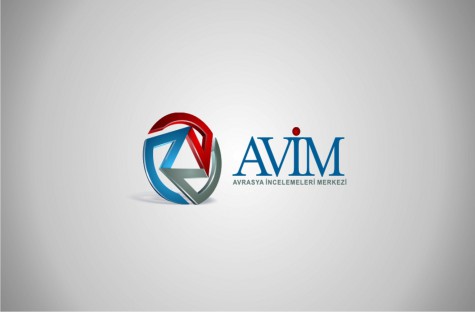 BOOK REVIEW-SASUN: THE HISTORY OF AN 1890S ARMENIAN REVOLT
BOOK REVIEW-SASUN: THE HISTORY OF AN 1890S ARMENIAN REVOLT
Ali Murat TAŞKENT 12.04.2015 -
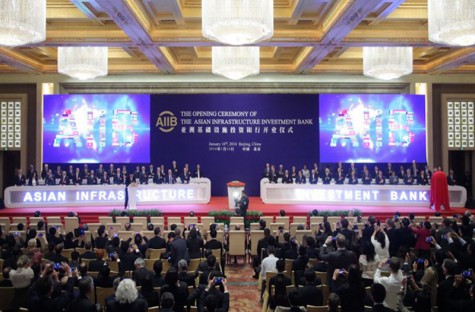 TURKEY BECAME THE 11th LARGEST PARTNER OF THE NEW ASIAN INFRASTRUCTURE INVESTMENT BANK
TURKEY BECAME THE 11th LARGEST PARTNER OF THE NEW ASIAN INFRASTRUCTURE INVESTMENT BANK
Ali Murat TAŞKENT 21.01.2016 -
 SERZH SARGSYAN’S RECENT CONTACTS WITH THE EUROPEAN PEOPLE’S PARTY
SERZH SARGSYAN’S RECENT CONTACTS WITH THE EUROPEAN PEOPLE’S PARTY
Ali Murat TAŞKENT 25.10.2015 -
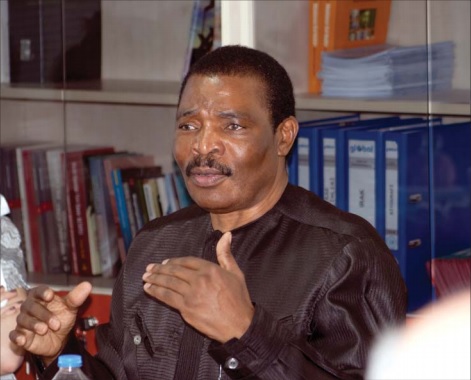 A COMMENTARY FROM NAMIBIA ABOUT THE GENOCIDE DEBATE
A COMMENTARY FROM NAMIBIA ABOUT THE GENOCIDE DEBATE
Ali Murat TAŞKENT 28.06.2016 -
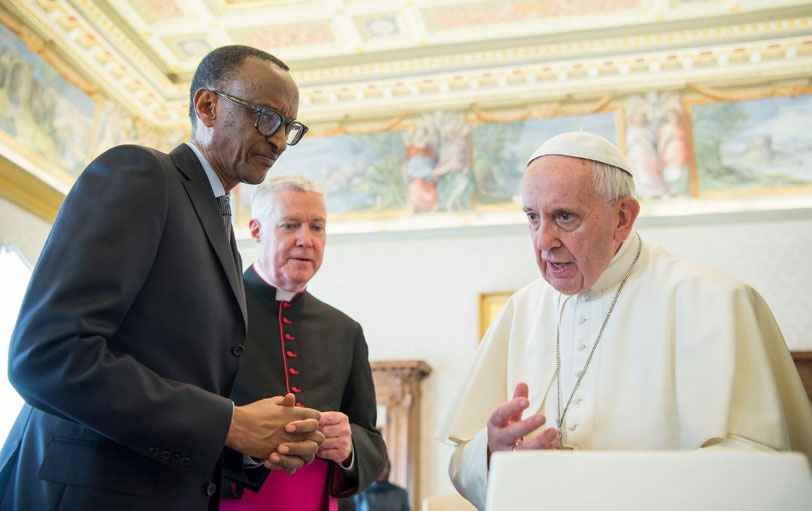 POPE FINALLY APOLOGIZES FOR CHURCH’S ROLE IN THE RWANDAN GENOCIDE
POPE FINALLY APOLOGIZES FOR CHURCH’S ROLE IN THE RWANDAN GENOCIDE
Ali Murat TAŞKENT 23.03.2017
-
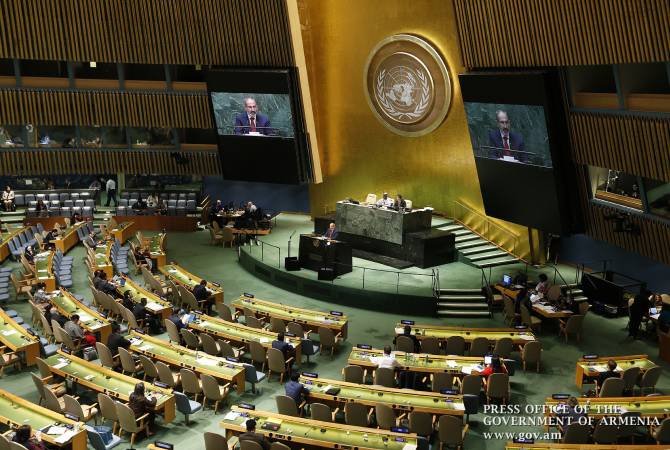 THE SUBJECT OF NAGORNO-KARABAKH IN THE UN GENERAL ASSEMBLY AND THE SUBSEQUENT DEVELOPMENTS
THE SUBJECT OF NAGORNO-KARABAKH IN THE UN GENERAL ASSEMBLY AND THE SUBSEQUENT DEVELOPMENTS
Berfin Mahide ERTEKİN 15.10.2019 -
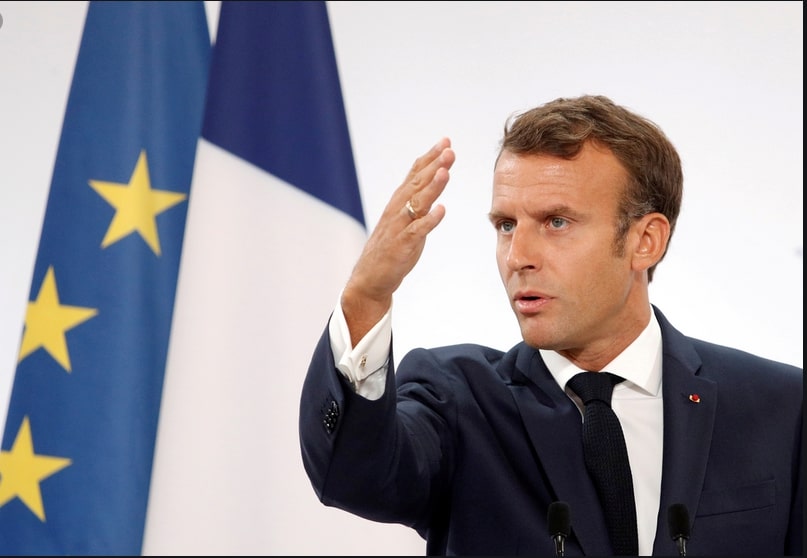 EMMANUEL MACRON CONTINUES WITH DISPARAGING COMMENTS
EMMANUEL MACRON CONTINUES WITH DISPARAGING COMMENTS
Teoman Ertuğrul TULUN 04.11.2019 -
 "RUSSIA USING the ‘ARMENIAN CARD’" - COMMENTARY PUBLISHED IN HURRIYET DAILY NEWS
"RUSSIA USING the ‘ARMENIAN CARD’" - COMMENTARY PUBLISHED IN HURRIYET DAILY NEWS
Turgut Kerem TUNCEL 01.12.2015 -
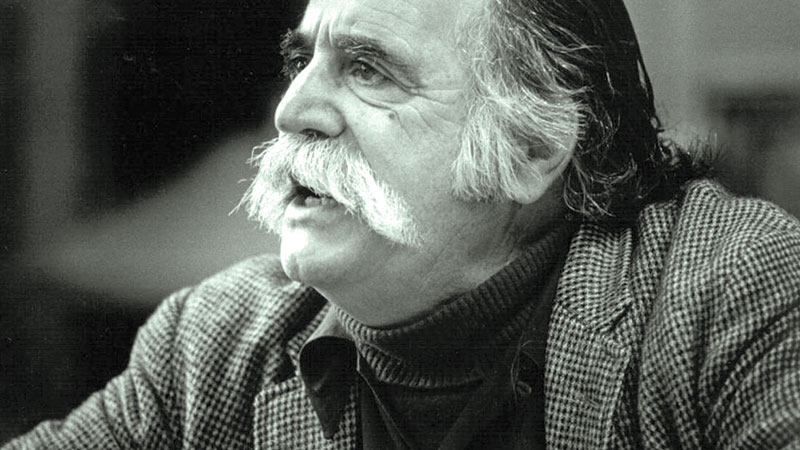 WILLIAM SAROYAN’S WORDS ARE BEING DISTORTED AS WELL
WILLIAM SAROYAN’S WORDS ARE BEING DISTORTED AS WELL
AVİM 17.09.2020 -
 IRAN, KAZAKHSTAN, TURKMENISTAN AND CHINA: REGIONAL CONNECTIVITY
IRAN, KAZAKHSTAN, TURKMENISTAN AND CHINA: REGIONAL CONNECTIVITY
Özge Nur ÖĞÜTCÜ 09.05.2016
-
25.01.2016
THE ARMENIAN QUESTION - BASIC KNOWLEDGE AND DOCUMENTATION -
12.06.2024
THE TRUTH WILL OUT -
27.03.2023
RADİKAL ERMENİ UNSURLARCA GERÇEKLEŞTİRİLEN MEZALİMLER VE VANDALİZM -
17.03.2023
PATRIOTISM PERVERTED -
23.02.2023
MEN ARE LIKE THAT -
03.02.2023
BAKÜ-TİFLİS-CEYHAN BORU HATTININ YAŞANAN TARİHİ -
16.12.2022
INTERNATIONAL SCHOLARS ON THE EVENTS OF 1915 -
07.12.2022
FAKE PHOTOS AND THE ARMENIAN PROPAGANDA -
07.12.2022
ERMENİ PROPAGANDASI VE SAHTE RESİMLER -
01.01.2022
A Letter From Japan - Strategically Mum: The Silence of the Armenians -
01.01.2022
Japonya'dan Bir Mektup - Stratejik Suskunluk: Ermenilerin Sessizliği -
03.06.2020
Anastas Mikoyan: Confessions of an Armenian Bolshevik -
08.04.2020
Sovyet Sonrası Ukrayna’da Devlet, Toplum ve Siyaset - Değişen Dinamikler, Dönüşen Kimlikler -
12.06.2018
Ermeni Sorunuyla İlgili İngiliz Belgeleri (1912-1923) - British Documents on Armenian Question (1912-1923) -
02.12.2016
Turkish-Russian Academics: A Historical Study on the Caucasus -
01.07.2016
Gürcistan'daki Müslüman Topluluklar: Azınlık Hakları, Kimlik, Siyaset -
10.03.2016
Armenian Diaspora: Diaspora, State and the Imagination of the Republic of Armenia -
24.01.2016
ERMENİ SORUNU - TEMEL BİLGİ VE BELGELER (2. BASKI)
-
AVİM Conference Hall 24.01.2023
CONFERENCE TITLED “HUNGARY’S PERSPECTIVES ON THE TURKIC WORLD"









